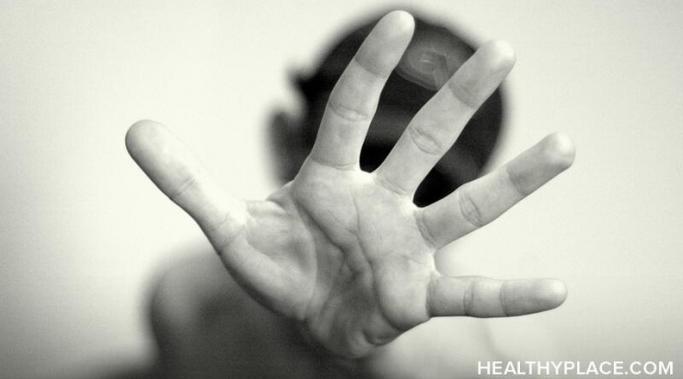Life with dissociative identity disorder (DID) is most likely different than you've imagined. Perhaps you've heard the horror stories or seen the movies portraying us as killers, psychopaths, crazies, or dangers to society. Perhaps if you have been diagnosed with dissociative identity disorder, you might have compared your experiences with DID to that of others, wondering if your symptoms are "right" or if you're "normal." People are curious about the disorder because of the common misconceptions about DID. What is real and what is concocted? What is a day in the life of someone with dissociative identity disorder truly like?
Dissociative Living
Is it true that one dissociative identity disorder (DID) headmate can kill another headmate? Every DID system is different, including the way the headmates address conflict and the dislike amongst each other. It is not uncommon for parts to dislike a headmate in their system. Some systems believe that it is possible and permissible to kill a DID headmate if they pose a threat to other alters or the system as a whole. Some might feel that it would just be easy if "X" headmate or "Y" part did not exist and that killing the headmate would be easier. Given the discord among many headmates, is it possible for one headmate to kill another headmate?
There is no cure for dissociative identity disorder (DID). It is a complex disorder that can be treated, but that doesn't necessarily mean it can be cured. There are several methods of treatment, from medications to therapy. It can take years, but successful treatment for DID is possible. Does that mean there is a cure for DID?
Knowing how to choose a therapist for dissociative identity disorder (DID) is much different from knowing how to choose a car or a box of on-sale cereal. DID treatment can be challenging and there are so many considerations to ponder when choosing a therapy for DID. Do you need a specialist? Do you need a DID therapist? What brand of therapist do you need? What type of treatment does he or she offer?
Coping with internal conflicts in dissociative identity disorder (DID) when parts disagree with you or each other is an important DID coping skill. After all, relationships can be difficult. Occasionally, people have arguments with friends and loved ones which causes friction and disagreements. Often, the same challenges present themselves within the systems of those with DID. Parts can experience friction and conflict and have arguments with other members of the system. Without working to understand and meet the needs of other parts, an internal conflict in DID can ensue while each alter attempts to have his or her own wants met.
There are many different types of alters in dissociative identity disorder (DID), including fictional introjects (Understanding Dissociative Identity Disorder Alters). Fictional introjects, also called fictives, are alters that are based off of fictional people or characters. While not as common as other types of alters, fictives are just as important. So how do these fictive alters in DID form, and what is their purpose?
The dissociative identity disorder (DID) host in our system has a job similar to the host of a party. When I think of a host, I think of a man or woman attending to the needs of the party-goers, scurrying about a table of guests, flitting from room to room, checking on food and drink to make sure each guest has what he or she needs. A host may wear many hats, including a manager, entertainer, presenter, and all-around overseer to make sure the party runs smoothly. In DID, most systems have what is also called a “host,” which, in some ways, is very similar to a traditional host whom might manage the surrounding environment.
I hear voices because of my dissociative identity disorder (DID), but I'm not psychotic. Hearing voices is a symptom experienced by many people who have DID. These auditory hallucinations are not the same as those experienced in psychosis; they are internal rather than external. Hearing voices is a normal part of having DID, but is a misunderstood symptom.
My name is Becca Hargis, and I am greatly excited to join the Dissociative Living blog. I was first diagnosed in 1992 with dissociative identity disorder (DID), known then as multiple personality disorder; however, the stigma attached to the diagnosis made me run. I knew there was something not quite “right” about me, but I couldn’t accept that it was DID, so I fired my therapist. It took several more years and many more therapists, all of whom diagnosed me with DID, before I finally accepted it.
It can be very difficult to ask for help for dissociative identity disorder (DID). People with mental health struggles, including people with DID, often need help and support from people on the outside, whether it be doctors, therapists, family, or friends. Sometimes, it is obvious to others that we need help (Dissociative Identity Disorder Signs and Symptoms). But what happens when we need help for dissociative identity disorder and have trouble asking for it?









